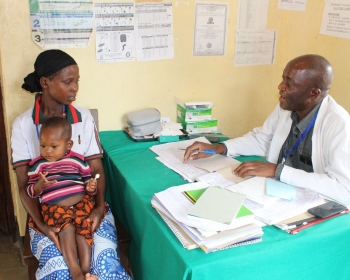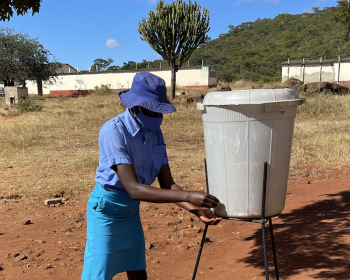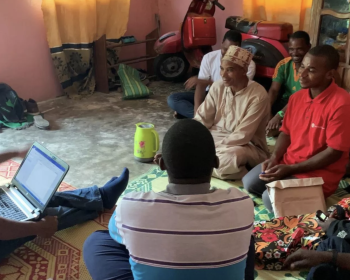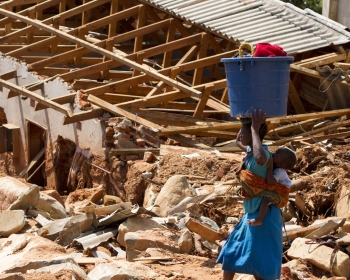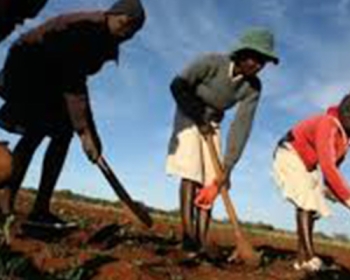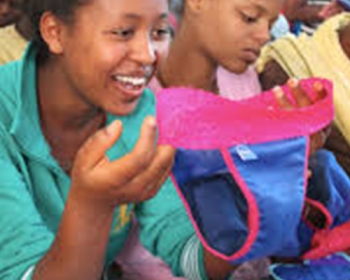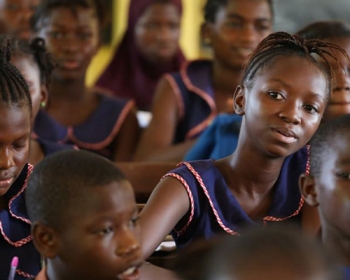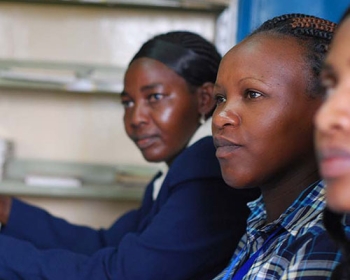Projects
The scope of this assignment was to conduct the Media and Information habits, consupmtion and perception in Zimbabwe
MDS was contracted to provide the following services in relation to the FAYA Evalution Kenya and Tanzania: 1.
This assignment was to support the development of a new country strategy 2020 - 2024.
Following a request from the Tanzania Ministry of Health, Community Development, Gender, Elderly and Children (MoHCDG
The project aims to improve access to safe water by pupils and communities in the catchment areas of twenty-seven (27
The purpose of this assignment was to develop an organisational Monitoring and Evaluation Framework and System which
Assignment entailed conducting a situation analysis of Healthy Ageing in Zimbabwe.
MDS was contracted by UNESCO to conduct a Health Facility Assessment in twelve selected higher and tertiary education
The Zimbabwe Private Sector HIV and Wellness (ZIPSHAW) Board was established in 2011 to coordinate and strengthen the
The Afya Bora ya Mama na Mtoto project was launched in 2015 and designed to address maternal and child mortality as w
GOAL Zimbabwe was preparing to respond to USAID’s Office of Food for Peace (FFP) request for applications (RFA) fundi
The purpose of the project was to undertake an assessment of the current level of vulnerabilities and resilience measures in place in the targeted communities by this action.
The research aimed to investigate and understand the range of challenge faced by in and out of school girls during menstruation as well as the determinants of those challenges-across a range of settings and cultural contexts, i.e rural/urban Zimbabwe; Identify positive deviants and their strategies.
In 2016, with support from UNFPA and other partners, the Government of Zimbabwe commissioned, through the MoHCC and the National Adolescent Sexual and Reproductive Health Coordination Forum, the process of developing national guidelines on the provision of youth friendly clinical SRH services in line with the 2015
The Zimbabwe Private Sector HIV and Wellness (ZIPSHAW) Board was established in 2011 to coordinate and strengthen the private sector response to HIV and AIDS, Wellness, and TB programmes.





